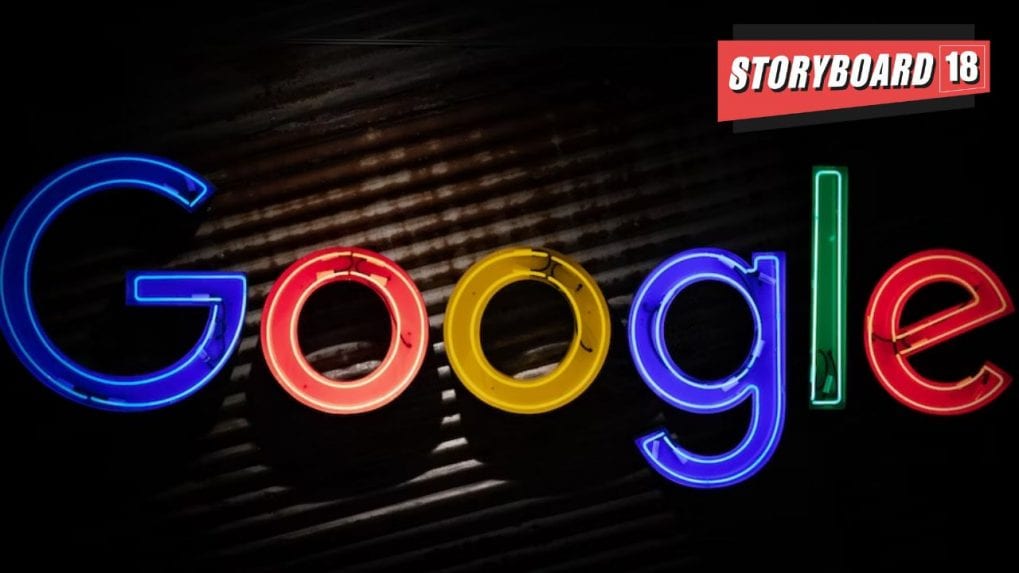Google's 'attack' on Indian apps; dark days, say stakeholders, questioning Google's 'inferior terms' for Indian developers
Is Google offering inferior terms to Indian app developers? Questions arise after Google's latest app delisting action. Ashwini Vaishnaw, the Union Minister for Communications, Electronics, and IT has arranged a meeting on March 4 to address the dispute between the Big Tech and Indian app developers.
ADVERTISEMENT
On March 1, Google announced it would remove apps from 10 Indian developers, including Shaadi.com, Naukri.com, jeevansathi.com, and Bharat Matrimony, from its Play Store in India for non-compliance with its billing policies. While several of the apps were reinstated, Indian startups believe they face unfair treatment and inferior terms compared to global counterparts.
Ashwini Vaishnaw, the Union Minister for Communications, Electronics, and IT, stepped in on Saturday, arranging a Monday meeting to address the dispute between the parties.
In India, Google allows app developers to sell in-app content only on the pre-condition that its own payment system, GPBS, is integrated as a payment option within their apps.
As per startup owners this is in stark contrast with its position in the 30 countries that are part of the European Economic Area (EEA) and the United Kingdom (UK). For app developers in the EEA and UK, Google offers a different billing system. This option gives developers the freedom to use any third-party billing system they prefer, without requiring them to integrate Google's Billing System (GPBS).
“For incomprehensible reasons, this freedom is not accorded to Indian app developers, in complete disregard of the Indian regulatory framework,” said an insider who didn’t want to be named.
Read More: Info Edge apps back on Google Play store: Sanjeev Bikhchandani
Global practices
Back in June 2022, Competition Markets Authority (CMA) in the UK started an investigation into Google’s Play Store policies. They also followed it up with a public consolation inviting stakeholder comments to Google’s commitment offer to address the CMA concerns.
To get ahead of the Digital Markets Act (DMA) regulations in the EEA, which took effect in May 2023, Google changed its policy.This new policy lets app developers offer only their preferred payment processors, removing the requirement to use Google's Billing System (GPBS).
Why do Indian startup founders feel left behind?
“Google readily adapts to regulations abroad (e.g., UK, EEA), offering wider options than what's currently available in India. This raises questions about their commitment to Indian regulations,” said another startup stakeholder.
Over a year since India's antitrust ruling against Google (Oct 2022), app developers continue to fight for fair treatment in the Indian app market. Certain stakeholders have gone as far as to call Google's latest delisting action an 'attack'.
“Today is a dark day for India Internet,” founder and CEO of People Group and Shaadi.com, Anupam Mittal said as he came out hitting hard against Google’s action of delisting Indian apps.
Mittal wrote on X, “Google has delisted major apps from its app store even though legal hearings are underway @CCI_India & @indSupremeCourt Their false narratives & audacity show they have little regard for India. Make no mistake - this is the new Digital East India Co and this #Lagaan must be stopped! Pls RT and #SaveOurStartups”
Murugavel Janakiraman founder and CEO of matrimony.com said, “Many companies across the have recently challenged Google's dominance in the app market. Google Play Store's control and its billing system are seen as anti-competitive.The Competition Commission of India (CCI) fined Google for these practices and ordered them to change their policies. However, concerns remain that Google hasn't fully complied.”
“Google charges developers a high commission compared to other payment gateways and this puts smaller developers at a disadvantage, especially with limited alternatives to the Play Store. App delistings can further hurt their business. Apps that have been delisted have seen close to 80 percent drop in registrations in just four days,” he added.
Their expectations from today’s meeting is that the apps that have been delisted be restored. Along this immediate ask, for the long term Janakiraman said the government should protect the interests of Indian startup through a Digital Competition Act.
“The big techs need to be restrained and controlled. There should be a Bharat PlayStore where Indian apps can freely list without being controlled by Google,” he said.
Read More: IT Minister Ashwini Vaishnaw to meet Google and app developers to solve delisting dispute
Google’s counter
Google put up a blog on March 1 with side of the story.
“Google has been fostering a vibrant tech ecosystem in India for over two decades and our commitment is steadfast. We deeply believe in India’s potential as a global innovation hub, and with our ongoing investments, we’re honoured to have played a role in India's thriving digital economy,” the blog said.
The blog also said that Google’s tiered pricing programs benefit Indian developers where only 3 percent of developers in India sell digital goods or services and therefore need to pay a service fee, the vast majority of whom pay 15 percent or less – the lowest of any major global app store.
“In fact, in India, less than 60 developers on Google Play are subject to fees above 15 percent,” the blog highlighted.
They alleged that for an extended period of time, 10 companies, including many well-established ones, have chosen to not pay for the immense value they receive on Google Play by securing interim protections from court.
As per the blog only after giving these developers more than three years to prepare, including three weeks after the Supreme Court’s order, Google is taking necessary steps to ensure their policies are applied consistently across the ecosystem.
Enforcement of their policy, when necessary, can include removal of non-compliant apps from Google Play.
Developers however can resubmit their apps to be listed on Play by choosing any one of the three billing options that include consumption-only basis without paying a service fee,Google Play’s billing system and alternative billing system.


